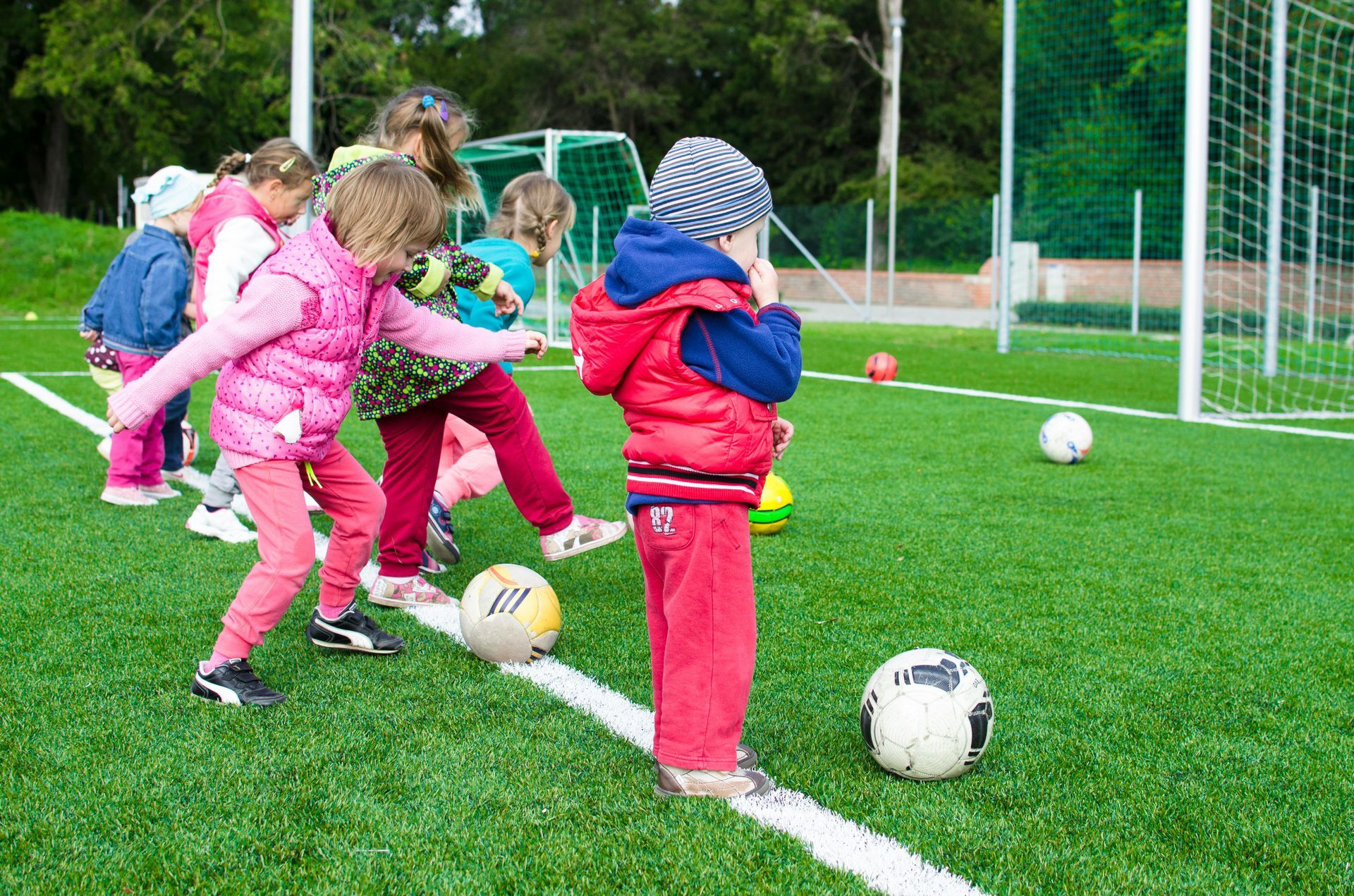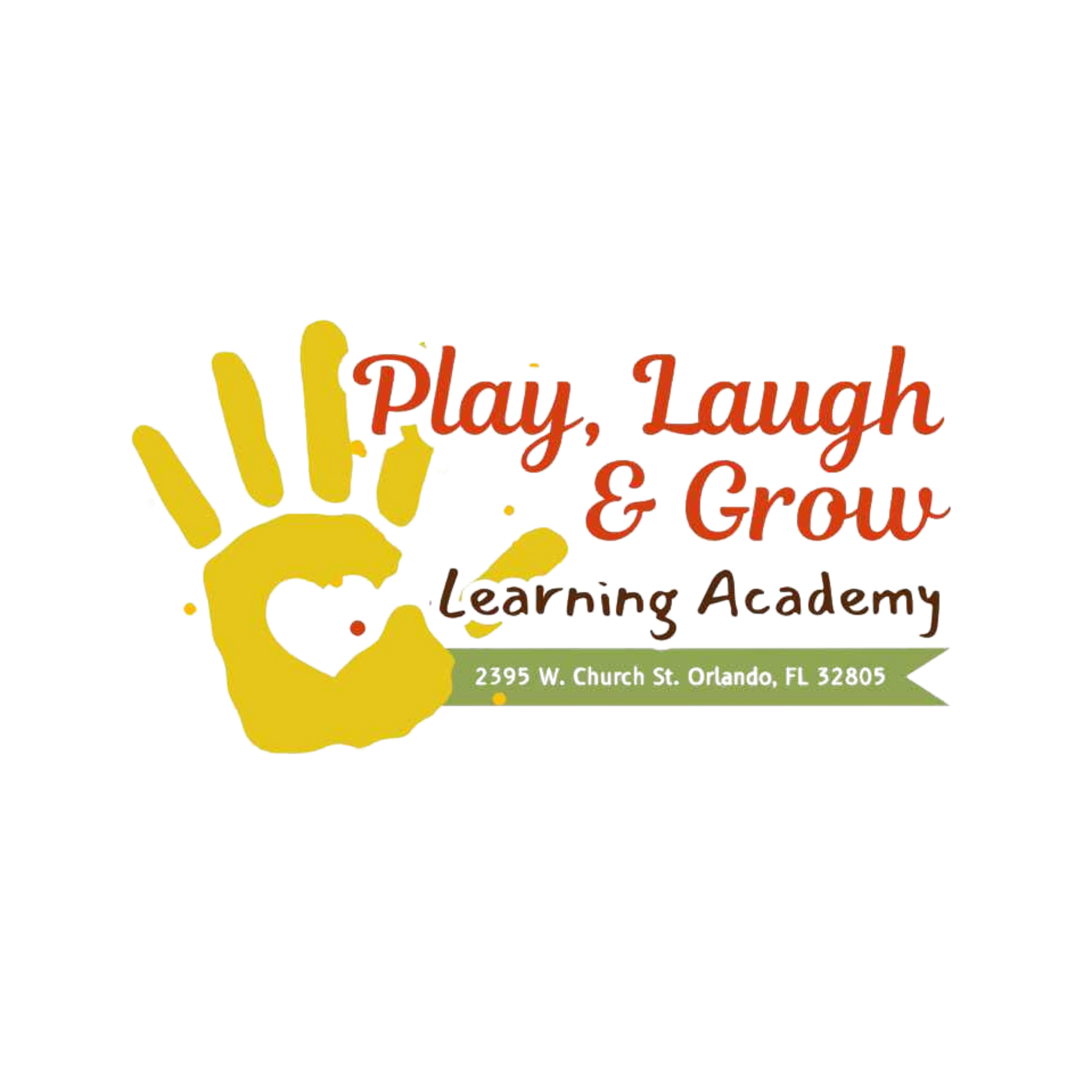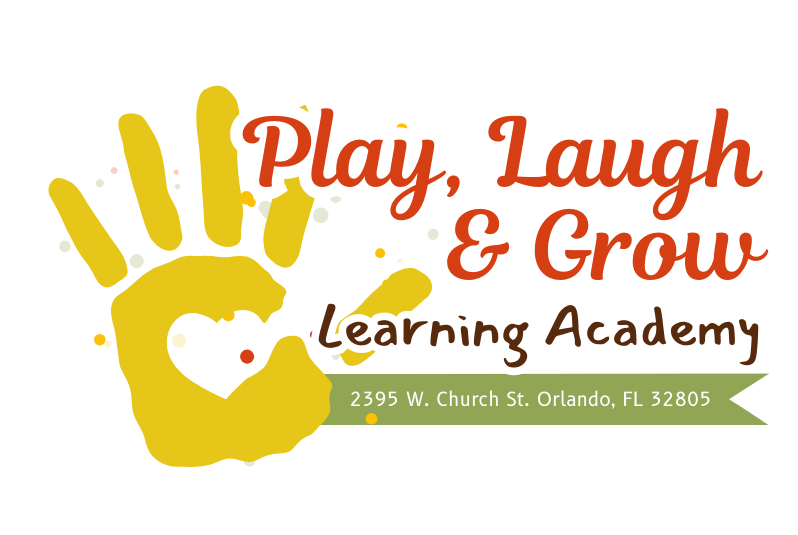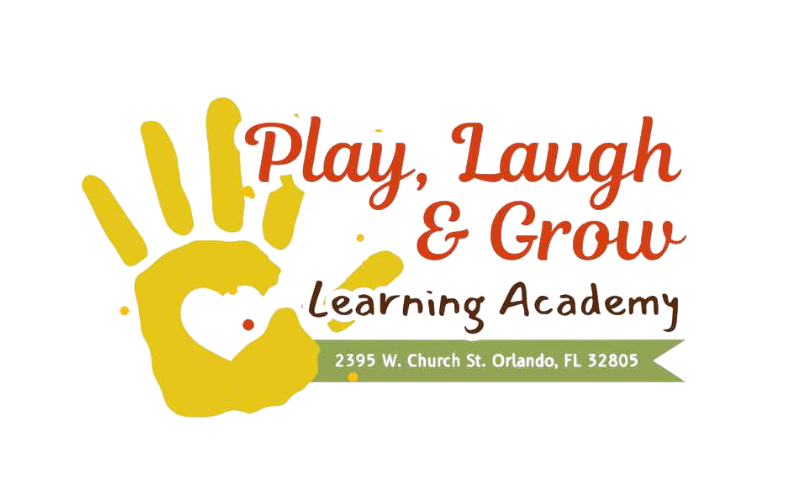Building Emotional Intelligence in Early Childhood: A Guide for Parents at Play Laugh and Grow Academy

Emotional intelligence (EQ) is just as important as cognitive intelligence (IQ), especially during the formative years of early childhood. At Play Laugh and Grow Academy, we recognize the critical role emotional intelligence plays in a child’s overall development. A child with a high EQ is better equipped to understand, manage, and express their emotions, as well as relate to others in healthy, positive ways. In this post, we’ll discuss the importance of building emotional intelligence in early childhood and share practical tips for parents to support their child’s emotional development.
What Is Emotional Intelligence?
Emotional intelligence refers to the ability to recognize, understand, and manage one’s own emotions, as well as the ability to recognize, understand, and influence the emotions of others. While IQ is often associated with academic success, emotional intelligence is key to developing strong relationships, coping with challenges, and thriving in both personal and professional settings.
In early childhood, emotional intelligence is a critical foundation for learning and social interaction. Children who have developed strong emotional intelligence are more likely to exhibit empathy, resilience, and effective communication skills. These qualities contribute to their ability to navigate relationships with peers, teachers, and family members, making emotional intelligence an essential skill for lifelong success.
The Key Components of Emotional Intelligence
There are five key components of emotional intelligence that are particularly important for children in their early years:
- Self-Awareness: Self-awareness is the ability to recognize and understand one’s own emotions. In young children, self-awareness involves recognizing when they are feeling happy, sad, angry, frustrated, or excited. As children grow, they learn to identify their emotions more accurately and understand how those emotions influence their behavior.
- Self-Regulation: Self-regulation is the ability to manage and control one’s emotions in healthy ways. For young children, this may mean learning to calm down when upset, share toys with peers, or wait patiently for a turn. Self-regulation helps children navigate the ups and downs of everyday life, ensuring they can respond to situations in a calm and controlled manner.
- Motivation: Motivation involves the ability to stay focused and persistent in the face of challenges. Children with high emotional intelligence are more likely to stay engaged in tasks, work through difficulties, and maintain a positive attitude even when things don’t go as planned. Motivation also helps children set and work toward goals.
- Empathy: Empathy is the ability to understand and share the feelings of others. Children who develop empathy are able to relate to their peers, recognize when someone is feeling sad or upset, and offer comfort or support. Empathy is an essential skill for building positive relationships and fostering cooperation and kindness.
- Social Skills: Social skills refer to the ability to interact effectively with others. Children with strong social skills can communicate clearly, resolve conflicts, cooperate in group settings, and establish and maintain friendships. Social skills are essential for building trust and developing lasting relationships with others.
The Importance of Emotional Intelligence in Early Childhood
- Better Relationships with Peers: Children who have high emotional intelligence are better equipped to interact with others in positive, constructive ways. They are more likely to form healthy friendships, share, take turns, and cooperate with peers. As children develop social and emotional skills through play and interaction, they learn how to manage their emotions and resolve conflicts in ways that strengthen their relationships.
- Improved Academic Performance: While IQ is important for academic achievement, emotional intelligence also plays a key role in a child’s success in the classroom. Children who can manage their emotions, stay motivated, and communicate effectively are more likely to excel in school. Emotional intelligence allows children to approach challenges with a positive attitude, which is essential for academic perseverance and problem-solving.
- Increased Resilience: Emotional intelligence helps children build resilience by teaching them how to cope with adversity and bounce back from setbacks. Children who can manage their emotions and stay calm in difficult situations are more likely to handle stress, frustration, and disappointment in healthy ways. This resilience is essential for navigating the ups and downs of life.
- Better Communication Skills: Emotional intelligence enhances communication by encouraging children to express themselves clearly and listen to others. When children understand their own emotions and the emotions of others, they are better equipped to have meaningful conversations, share their needs, and understand the perspectives of those around them.
- Fostering Empathy and Kindness: One of the most important benefits of emotional intelligence is the ability to develop empathy and kindness. Children who understand how others are feeling are more likely to show compassion and offer help when needed. This empathy lays the groundwork for positive social interactions and a supportive, inclusive community.
How Parents Can Foster Emotional Intelligence at Home
Parents play an important role in fostering emotional intelligence in their children. Here are some practical tips to help parents nurture EQ in their child:
- Model Healthy Emotional Expression: Children learn by observing the behaviors of their parents and caregivers. By modeling healthy emotional expression, parents can teach their children how to identify, label, and express their feelings. For example, if you are feeling frustrated, you might say, “I’m feeling frustrated because I can’t find my keys. I’m going to take a deep breath and calm down.”
- Encourage Open Communication: Encourage your child to talk about their emotions and validate their feelings. For example, if your child is upset because a friend took their toy, acknowledge their feelings by saying, “I understand you’re upset. It’s hard when someone takes your things. Let’s talk about how we can work through this together.” Open communication helps children feel understood and supported.
- Teach Problem-Solving Skills: When your child encounters a challenge or conflict, help them develop problem-solving skills by brainstorming solutions together. For example, if your child is having difficulty sharing a toy, you could say, “What are some ways we could take turns with this toy? How can we make sure everyone is happy?” Encouraging problem-solving empowers children to take control of their emotions and work toward positive solutions.
- Encourage Empathy and Kindness: Foster empathy by encouraging your child to consider the feelings of others. For example, if your child sees a friend feeling sad, you might ask, “How do you think your friend feels? What can we do to make them feel better?” Teaching empathy helps children develop compassion and kindness toward others.
- Create Opportunities for Social Interaction: Provide your child with opportunities to interact with peers, whether through playdates, group activities, or community events. These interactions help children practice their social skills and navigate different emotions in a safe, supportive environment.
How Play Laugh and Grow Academy Supports Emotional Intelligence Development
At Play Laugh and Grow Academy, we are committed to fostering emotional intelligence in young children. Our educators use a variety of strategies to promote emotional development, including:
- Modeling Positive Emotional Expression: Our teachers model healthy emotional expression and teach children to identify and express their feelings in appropriate ways. By setting an example, our educators help children learn how to manage their emotions and navigate social situations.
- Providing Opportunities for Social Interaction: Our curriculum includes activities and play-based learning experiences that encourage children to interact with their peers, practice empathy, and develop social skills. Group play, cooperative games, and collaborative projects provide opportunities for children to build relationships and work together.
- Promoting Emotional Awareness: Through activities like storytelling, role-playing, and discussions, we help children develop emotional awareness by teaching them to recognize and label their feelings. By understanding their emotions, children learn to regulate their responses and express themselves in healthy ways.
- Encouraging Problem-Solving: Our teachers guide children in resolving conflicts and solving problems independently. Through guided discussions and role-playing scenarios, children learn to negotiate, compromise, and find solutions that benefit everyone involved.
Discover the essential role of play-based learning in early childhood education and its impact on cognitive development by reading The Power of Play-Based Learning: Why It's Essential for Early Childhood Education at Play Laugh and Grow Academy and How Play-Based Learning Enhances Cognitive Development in Early Childhood.
Conclusion
Building emotional intelligence in early childhood is essential for long-term success. Children who develop strong EQ skills are better equipped to manage their emotions, communicate effectively, and build meaningful relationships. At Play Laugh and Grow Academy, we believe that emotional intelligence is just as important as academic knowledge and is foundational to a child’s overall well-being. By fostering emotional intelligence, we help children become confident, compassionate, and resilient individuals who are prepared to navigate the world around them.
















